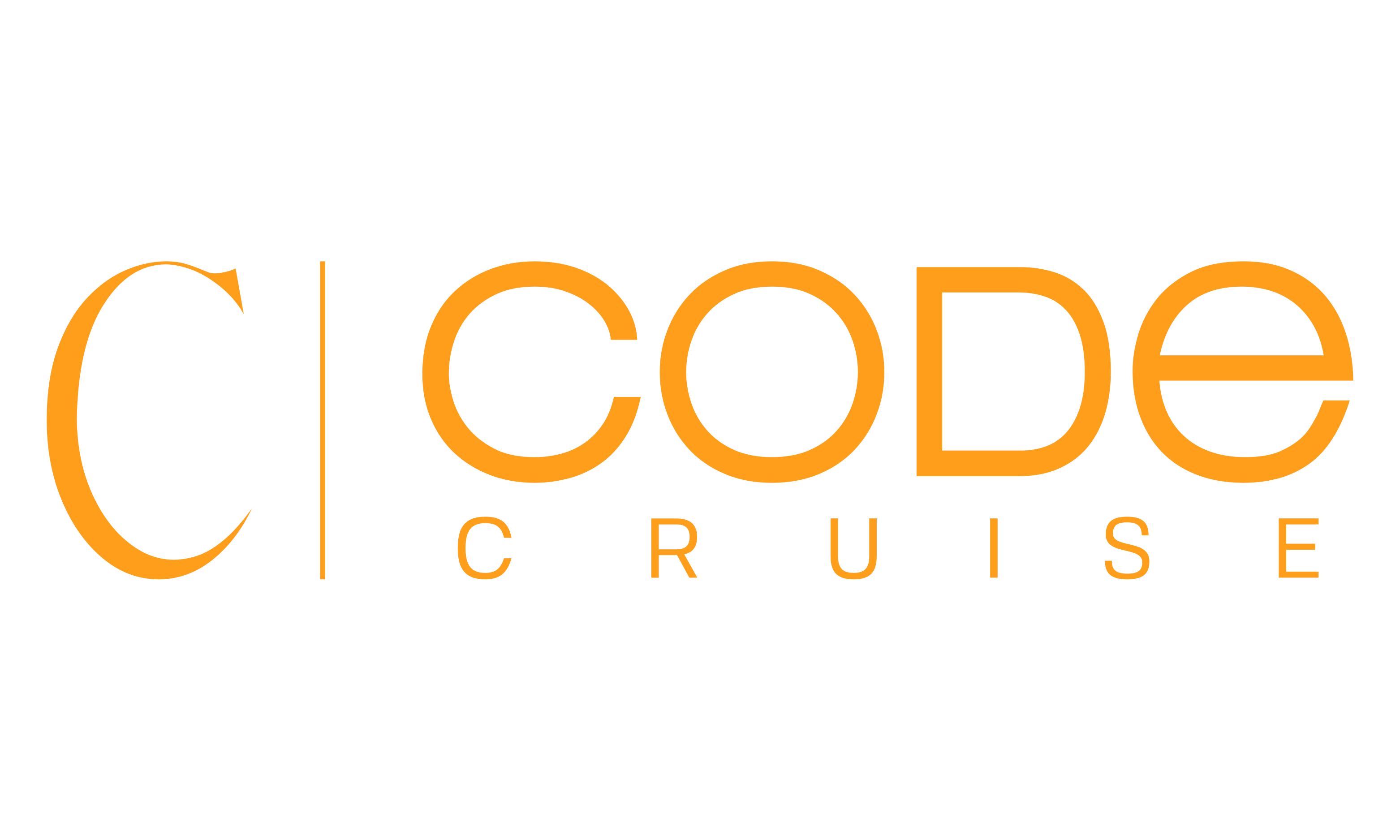Published
- 5 min read
The Matrix and the Ocean: Why Code Feels Like Sailing
Intro
Every new codebase feels like leaving harbor at dawn—half excitement, half chaos. There’s a chill in the air, a map that looks confident, and a hull full of TODOs. I step aboard with a thermos, a terminal, and a certain pirate grin, knowing that somewhere out there is a feature worth finding and a bug worth outsmarting. The repo is a coastline I’ve never traced; the patterns are winds I haven’t yet learned. I unmoor, run the first script, and the sea wakes up under the bow.
I’ve always felt an odd kinship between code and water. Maybe it’s the way both reward steady attention, the way both punish panic, the way both are best approached with curiosity and respect. Or maybe it’s that the work, when done well, feels like motion with less friction—glide over chop, glide over complexity. Build enough intuition and your hands know what to do before the mind finishes the sentence.
Middle
When I say coding feels like sailing, I don’t mean it’s all sunsets and spray. It’s a real ocean—glorious, unpredictable, sometimes petty. The metaphors are practical, not poetic trophies. They’re ways of seeing that help me steer.
-
Unknown waters = debugging unknown code. Dropping into a fresh codebase is like entering a new bay at night. You go slow. You listen. You watch how logs lap against the hull of your assumptions. You chart depth with small tests and console traces. You don’t assume the reef isn’t there just because the surface looks calm. You let the architecture reveal itself and you keep your keel light: undoable commits, reversible migrations, changes you can walk back with grace.
-
Storms = production issues. We pretend we don’t love the storm, but a part of us does. It’s when training and teamwork click. The lights blink, the pager screams, and you reef the sails—rollback, isolate, triage. Keep your voice low, your logs high-signal, your hypotheses falsifiable. You don’t fight the ocean; you work with it, reducing surface area until the ship steadies. After, you write the postmortem like a captain’s log: not shame, not blame—just learning, tools sharpened, crew wiser.
-
Lighthouses = mentors, docs, tools. In the fog, a single clear paragraph in the docs can turn a day around. A mentor’s comment—three lines in a PR—becomes a lighthouse you’ll navigate by for years. And tools! Linters, formatters, test runners, type systems—quiet beacons guarding your coastline while you sleep. Respect your lighthouses. Contribute to them. They make the rest of the voyage possible.
-
Crew = the developer community. Even pirates need a crew. We ship alone sometimes, but nobody truly sails solo. The people who review your code, maintain your dependencies, publish the weird blog post that solves your obscure error—they’re your crew. Buy them coffee when you can. Star their repos. Write clean issues. Speak well of the folks who keep the channels calm when tempers spike. The sea is big; we’re better together.
-
Compass = mindset and spirituality. A compass doesn’t argue with the waves; it orients you in them. For me, mindset and spirituality are about attention: noticing before reacting, editing before posting, breathing before deploying. I’m not interested in creating sacred friction where none is needed. I want tools that disappear and rituals that make me kinder to future me. A quiet commit message, a tight function, a morning page—they’re small compass checks that keep the course true.
Coding inside a large org can feel like sailing inside The Matrix: you sense the system behind the system. Push here, something shifts there. You learn to read patterns under patterns—what code says, what history means, what incentives do. This is where the pirate in me smiles: cut through illusion, stay playful, and remember that freedom comes from competence. The better you are at the basics—testing, naming, refactoring—the farther you can roam without fear.
I keep a few guiding rules in my logbook:
- Make the smallest change that moves the ship forward.
- Name things as if a friend will read them in a storm.
- Prefer systems that age well over hacks that age fast.
- Leave mercy for future-you: docs, scripts, good defaults.
- Treat curiosity like a sail—not a distraction, a propulsion.
Outro
Code is not just keystrokes; it’s a journey. It’s showing up to the same water and finding it new each time. It’s the art of removing drag so the right thing becomes the easy thing. It’s learning to laugh with the weather and work with the tide. On good days, we glide. On hairy days, we hold steady and learn. On all days, we get to practice.
If you’re on a similar voyage—half maker, half pirate, fully alive to the mystery—come aboard. Bring your maps, your questions, your half-built rafts. Share your lighthouses; I’ll share mine. We’ll swap patterns, patch sails, and keep our compasses honest. Not to escape the world, but to meet it with better tools and better attention. See you out there, on the blue screen and the blue horizon—sailing.

